TUM Research Data Hub starts its work

TUM Research Data Hub
The TUM Research Data Hub is the central point of contact for TUM researchers and partners in all matters of research data management (RDM), following the TUM guidelines for handling research data. Our service portfolio includes consulting, training, networking events, infrastructure solutions, tools, and handouts for all phases of a research cycle.
The goal of the cooperation between the Research Data Services of the University Library and the Munich Data Science Institute (MDSI) is to offer practical, high-quality solutions for sustainable RDM to the TUM community.
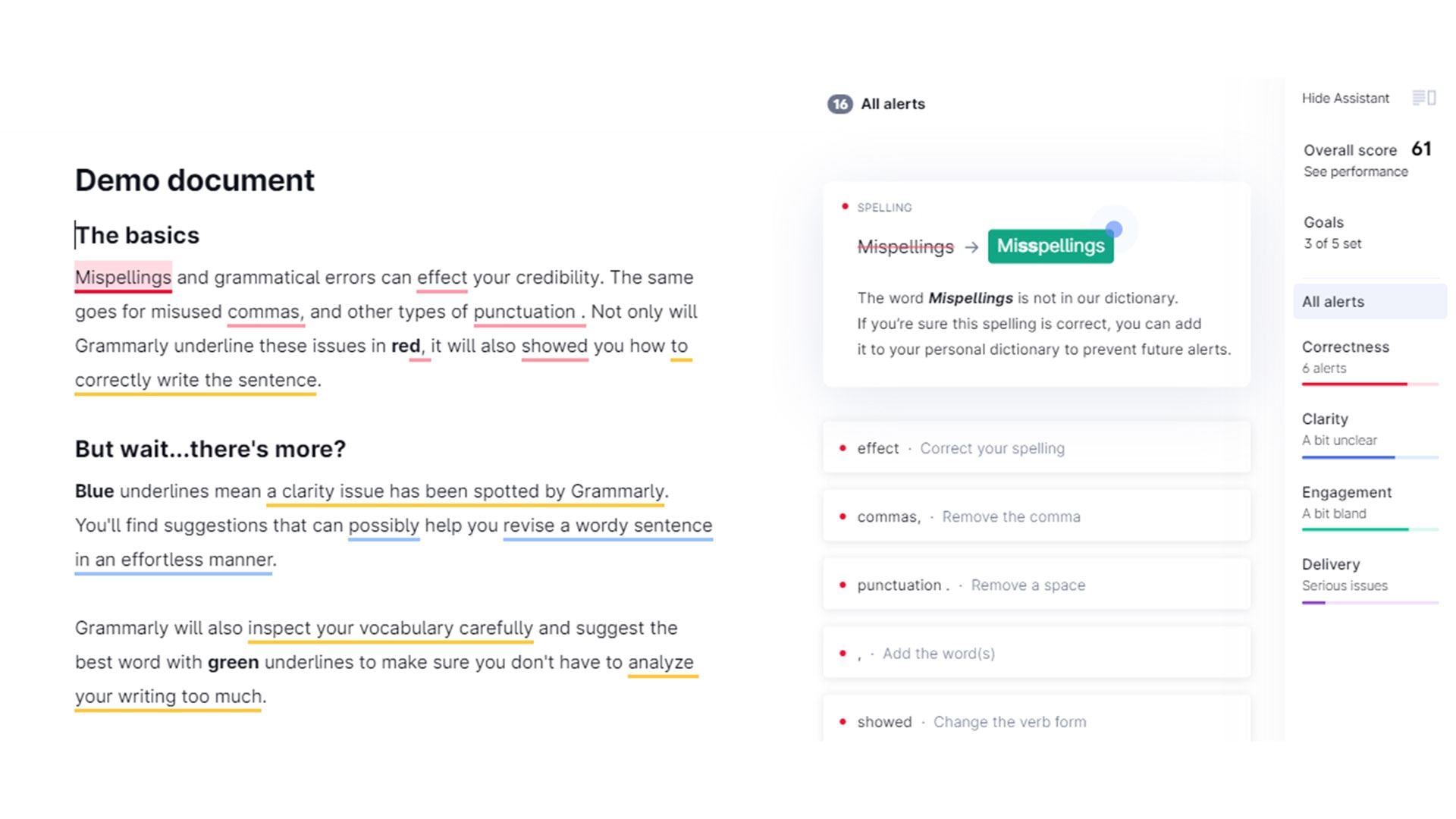
Grammarly available for all TUM members
Starting May 2023, Grammarly is available to all members of TUM.

TUM Idea Portal online
The Digital Transformation Office (DXO) supports and facilitates the digitalization journey for TUM employees.

Zoom – Migration to Telekom tenant
TUM has extended its contract with Zoom for another year, switching to the new contract partner Telekom.
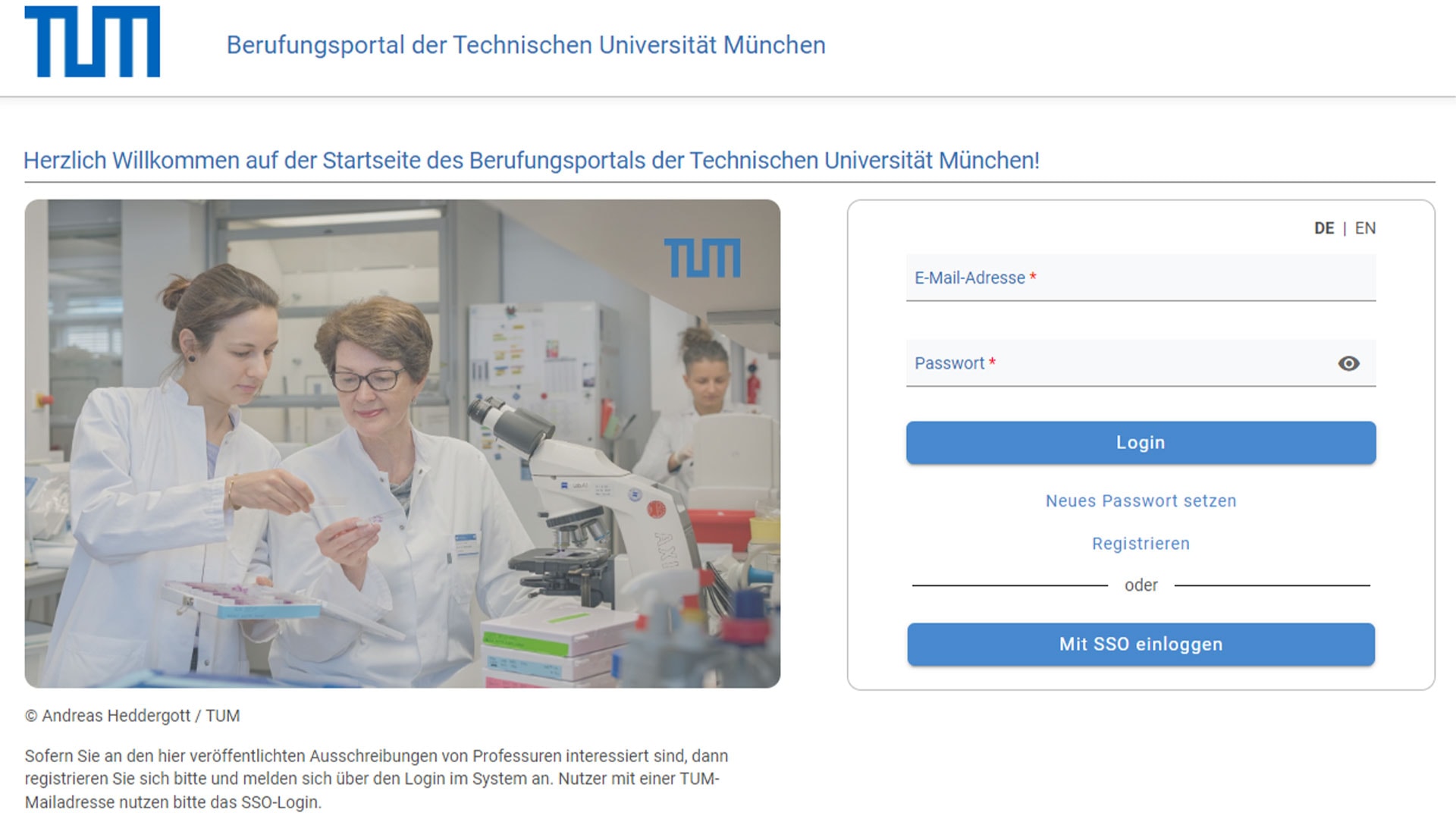
Appointment portal online
Appointments to new professorships can now be managed and advertised via TUM’s new appointment portal.
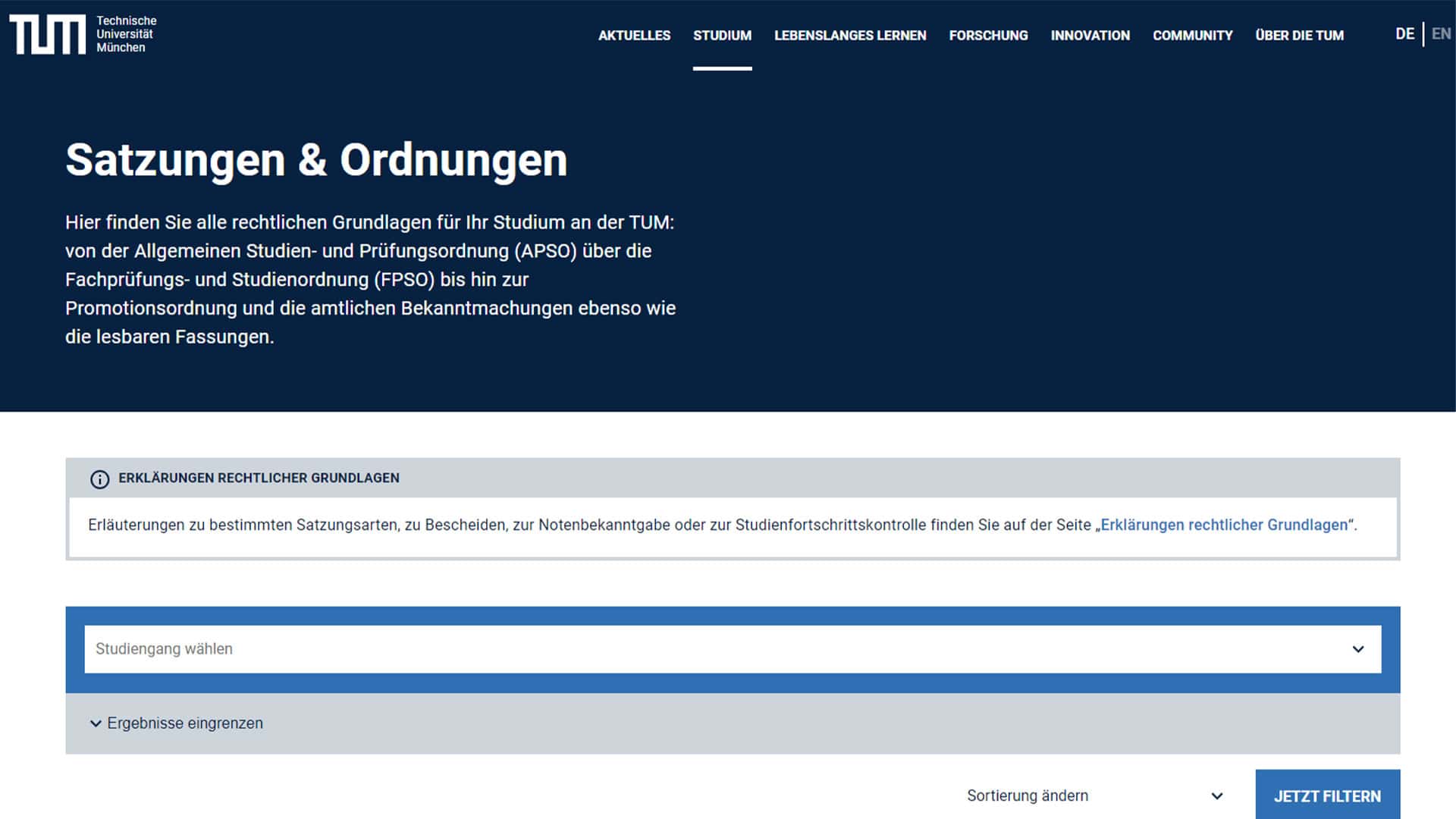
Digital statutes and regulations
Statutes can now be published purely digitally due to a legal amendment in the Higher Education Innovation Act (HIG).
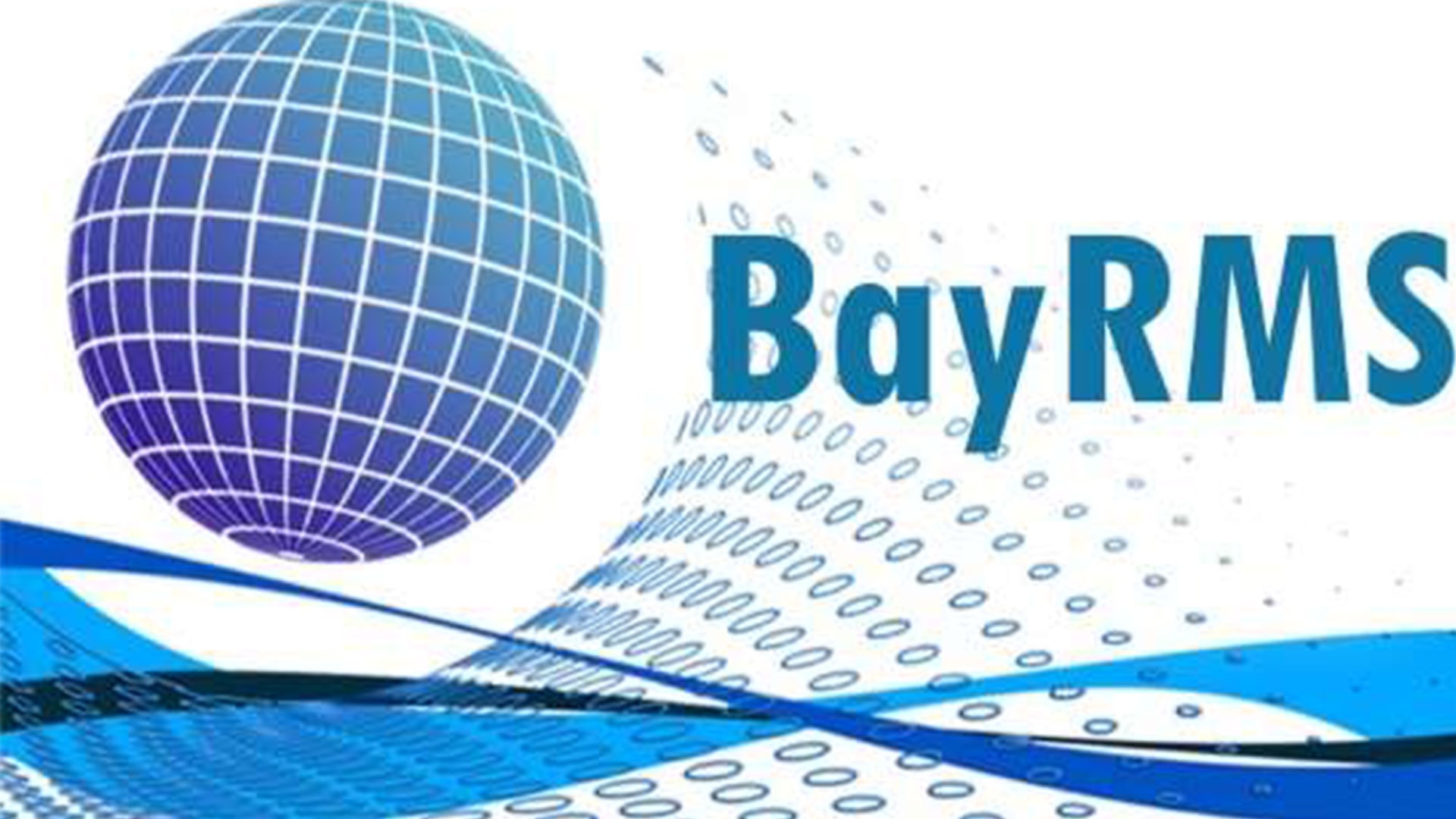
Travel management with BayRMS
Since January 2023, BayRMS has been available as a digital system for requesting and billing short domestic trips.

Vulnerability scans on all IT systems
Our IT security team has started to scan all of TUM networks for security vulnerabilities within our systems using the Greenbone Security Assitant.
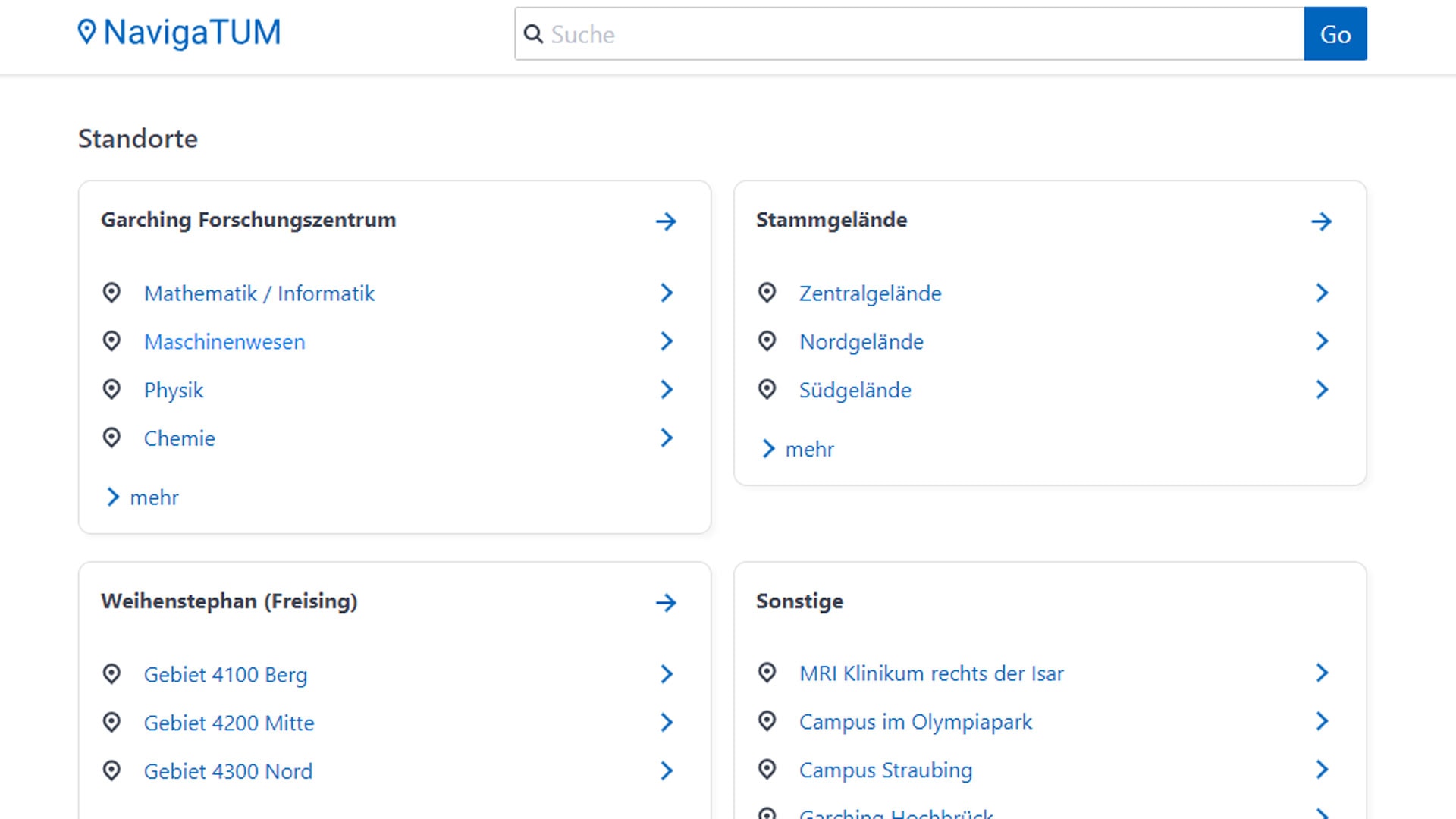
New TUM Roomfinder
The new Roomfinder is available at https://nav.tum.de and replaces the previous, very outdated Roomfinder.

Koinon IT Portals available for all schools
Koinon (from ancient Greek community, commonwealth, or federation) is a portal for the digitalization of administrative processes at schools.


